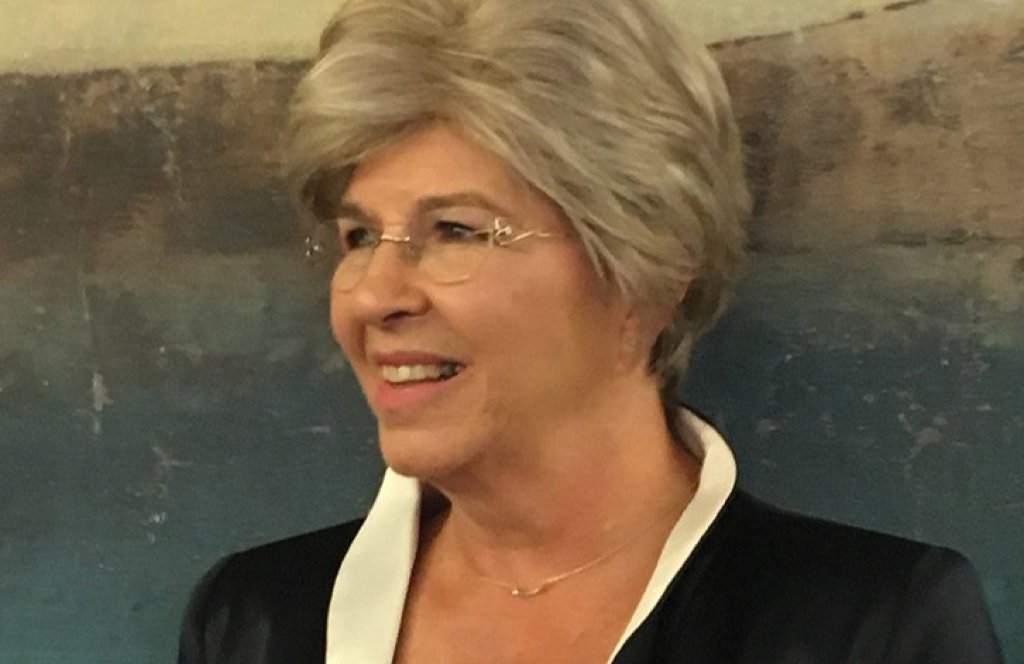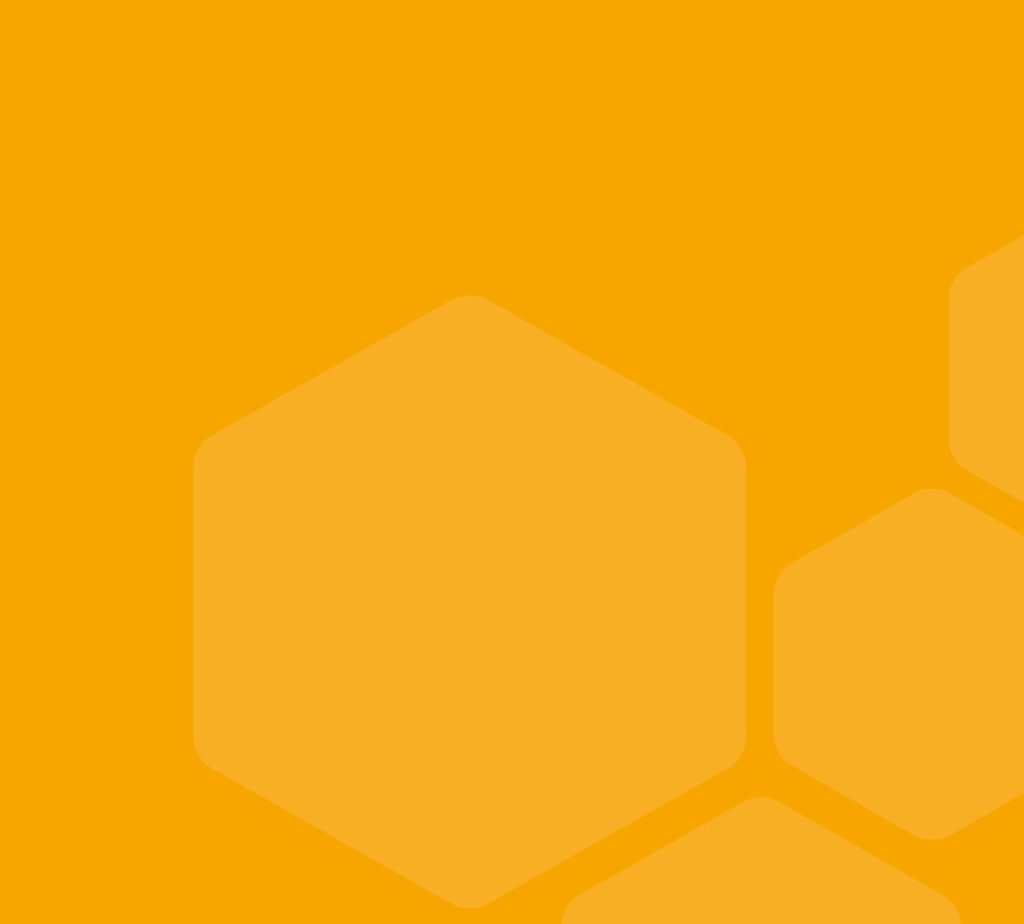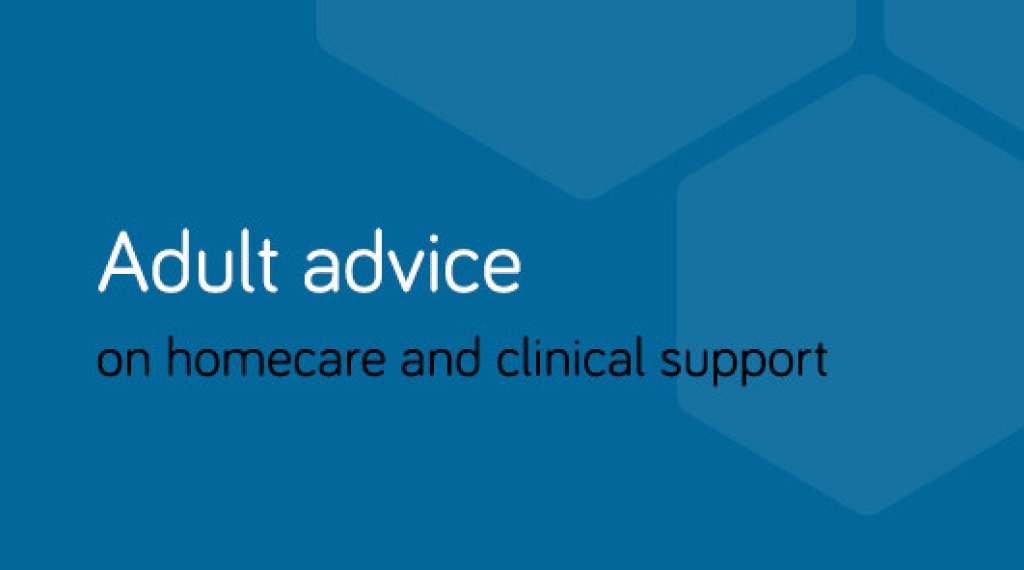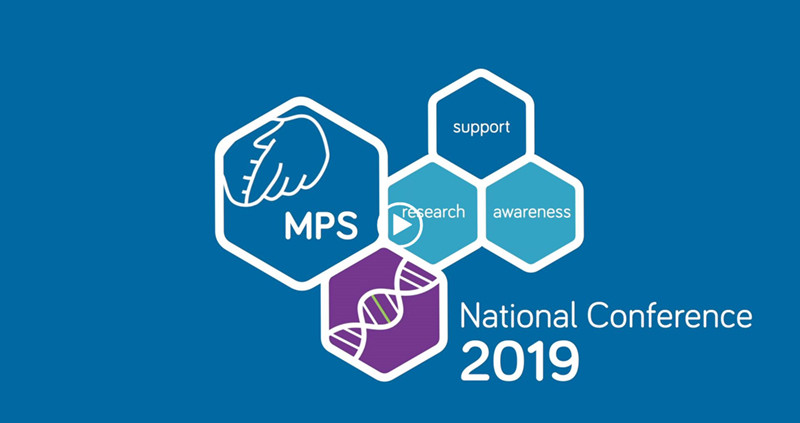General symptoms of SASDs include developmental delay, low muscle tone, abnormal movements, and seizures. They are progressive which means symptoms get worse over time, and the symptoms may be different from person to person. Some people may be more severely affected than others, even people who have the same form. Not everyone with SASDs will have the same symptoms.
Infantile form
ISSD is the most severe form, with symptoms appearing before birth or soon after; some infants may be born prematurely. Some babies are born with a condition called hydrops fetalis. This is a very severe condition in which the baby retains an enormous amount of fluid throughout its body. Babies with hydrops fetalis rarely survive beyond a few weeks to a few months of age.
Babies with ISSD have severe developmental delay, weak muscle tone and failure to gain weight. They may have characteristic facial features; seizures; bone malformations (clubbed feet, abnormally short thigh bones, malformation of the hip and underdevelopment of certain bones of the fingers and toes); an enlarged liver, spleen and heart. The tummy (abdomen) may be swollen due to the enlarged organs and an abnormal build-up of fluid. ISSD eventually progresses to cause life-threatening complications such as serious respiratory infections. Some infants develop damage to the kidneys which causes them to leak large quantities of protein into the urine and can cause swelling in the body due to fluid accumulation. Children with ISSD usually live only into early childhood.
Salla disease
Salla disease is the mildest form of the SASDs with symptoms that start in the first year of life and progress slowly through adulthood. Signs and symptoms of Salla disease vary from person to person and not everyone will experience every symptom.
Babies with Salla disease usually show signs of weak muscle tone during the first year of life and go on to experience progressive symptoms of the brain. Symptoms may include gradual coarsening of facial features, intellectual disability and developmental delay, some degree of speech impairment, seizures, problems with movement and balance, abnormal tensing of the muscles, and involuntary slow movements of the limbs. Although Salla disease can cause life-threatening complications, people with Salla disease usually survive into adulthood and some have lived into their seventies.
Intermediate severe form
Very few people have been diagnosed with the intermediate severe form of SASDs. The intermediate severe form is less severe than ISSD but more severe than Salla disease. People with the intermediate severe form have signs and symptoms that fall between those of ISSD and Salla disease in severity.
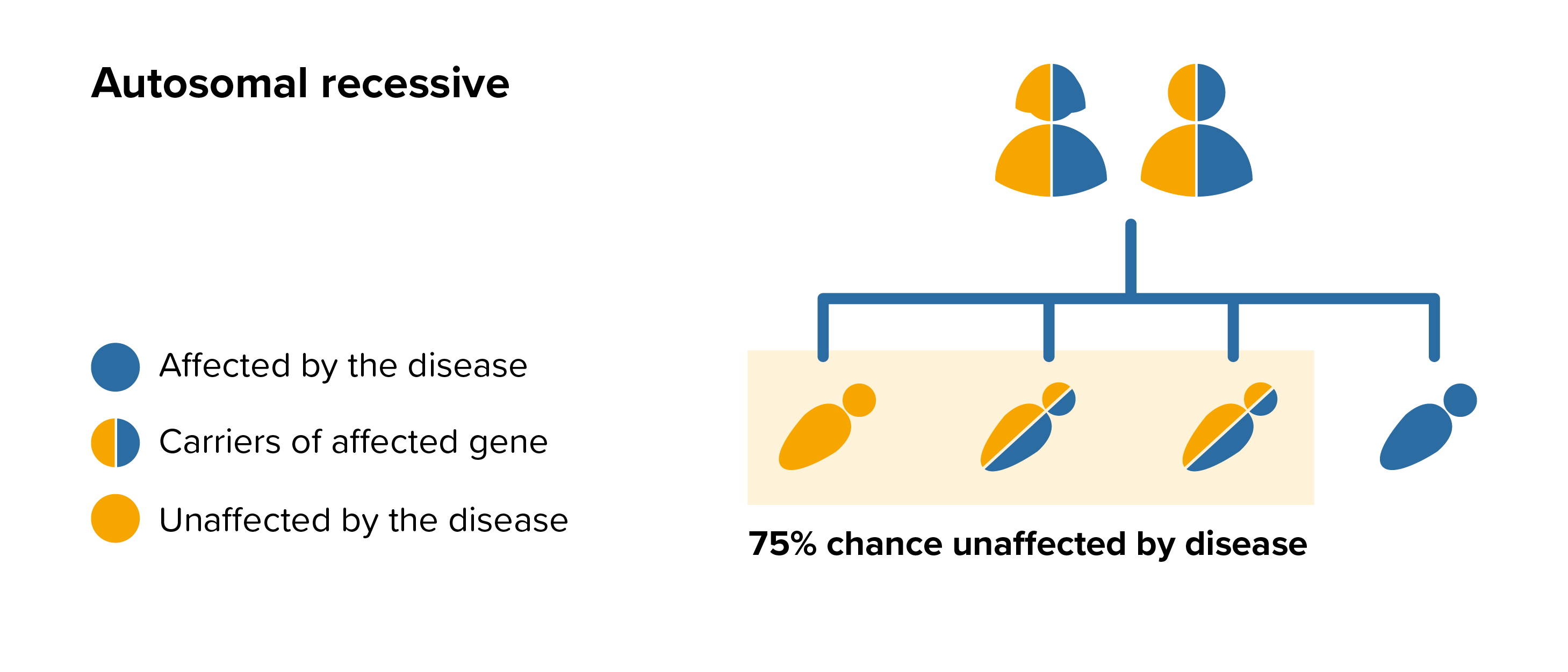 All parents of children with SASDs can benefit from genetic counselling, the counsellor can provide advice on the risk to close relatives and to suggest whether the wider family should be informed. To find out during a pregnancy, if the baby is affected by SASDs, screening tests can be arranged early on during a pregnancy for those families who already have a child with SASDs. Where only one parent is a carrier, they can opt for carrier screening but it is not 100% reliable or accurate and is not possible in all cases.
All parents of children with SASDs can benefit from genetic counselling, the counsellor can provide advice on the risk to close relatives and to suggest whether the wider family should be informed. To find out during a pregnancy, if the baby is affected by SASDs, screening tests can be arranged early on during a pregnancy for those families who already have a child with SASDs. Where only one parent is a carrier, they can opt for carrier screening but it is not 100% reliable or accurate and is not possible in all cases.
